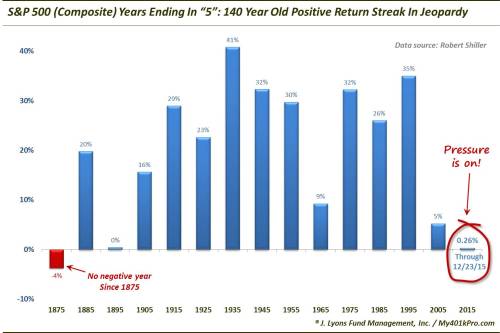More Bad News For Oil: Saudis Are Handling Crude Crash Better Than Expected
We’ve spent quite a bit of time this year documenting Saudi Arabia’s fiscal bloodbath.
In the wake of the kingdom’s move to deliberately suppress crude prices in an effort to preserve market share by bankrupting the US shale complex, Riyadh found itself in a tough spot. Thanks to ZIRP and the wide open capital markets it fosters, US producers were able to stay afloat for longer than the Saudis likely expected.
